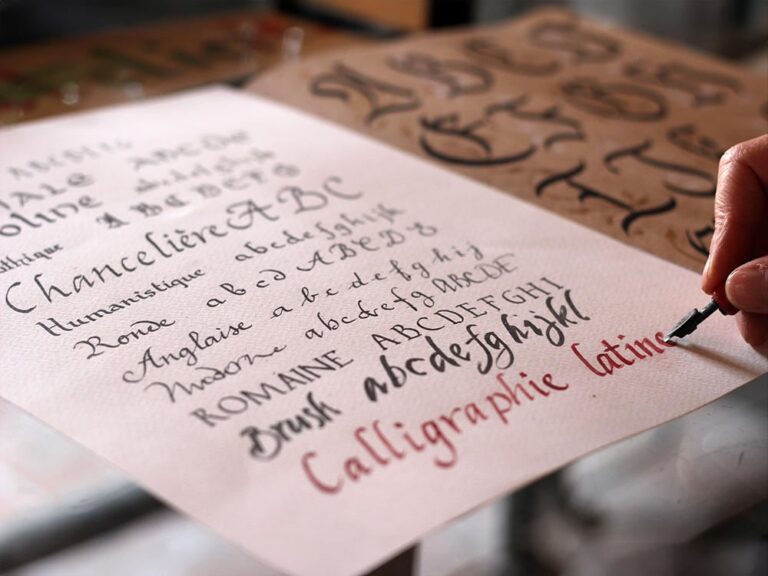Grammar: Near Future tense
The Near Future tense, known as “Le Futur Proche” in French, is one of the easiest ways to talk about the future. If we take the English verb “to give,” an example of the Near Future would be “I am going to give.”
The idea is that the action will happen fairly soon. Hence the idea of the Near Future. You would not use the Near Future to talk about finishing a project in two years’ time, however, because that is too far away (In that situation, you would use the Simple Future, or “Le Futur Simple”). If something will happen in the next few minutes, hours, days or even weeks, the Near Future may be the right verb tense to use.
How to use the Near Future tense:
- Use the present tense of the verb “aller,” conjugated to match the relevant person.
- Choose the English verb you want to talk about in the near future, eg “to give” (“donner” in French).
Example:
- I am going to give: je vais donner
- You are going to give: tu vas donner
- He is going to give: il va donner
- We are going to give: nous allons donner
- You (formal/plural) are going to give: vous allez donner
- They are going to give: Ils vont donner
You can see how “donner” never changes in the examples above. It is only the present tense of “aller” that changes (je vais, tu vas, etc).
The infinitive can be the infinitive of any verb, even “aller.” So for example “je vais aller” means “I am going to go.”
Summary of how to:
Present tense of aller + Infinitive of other verb







One Comment
Comments are closed.